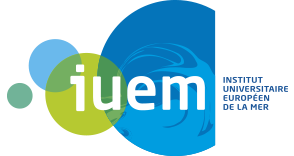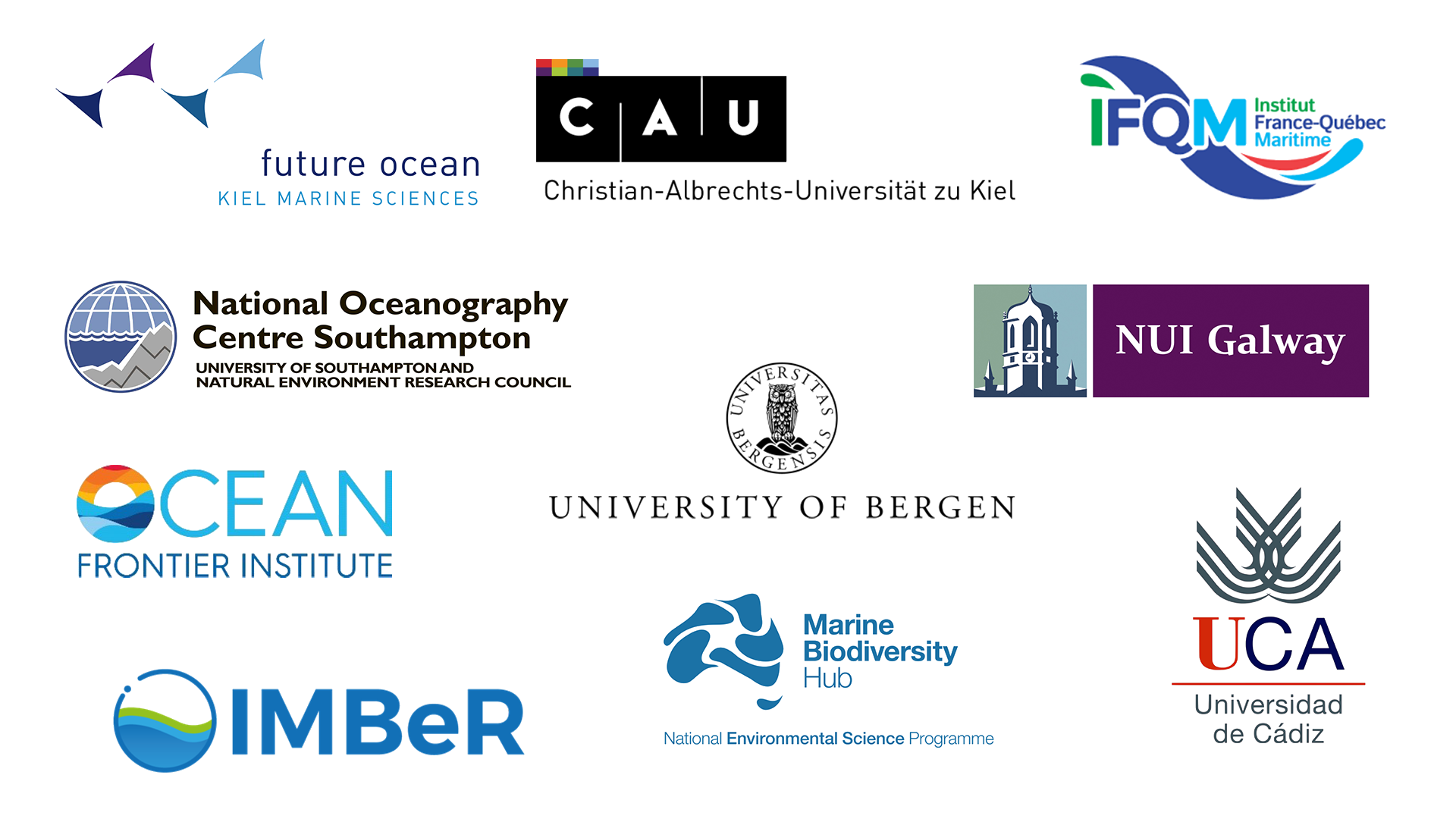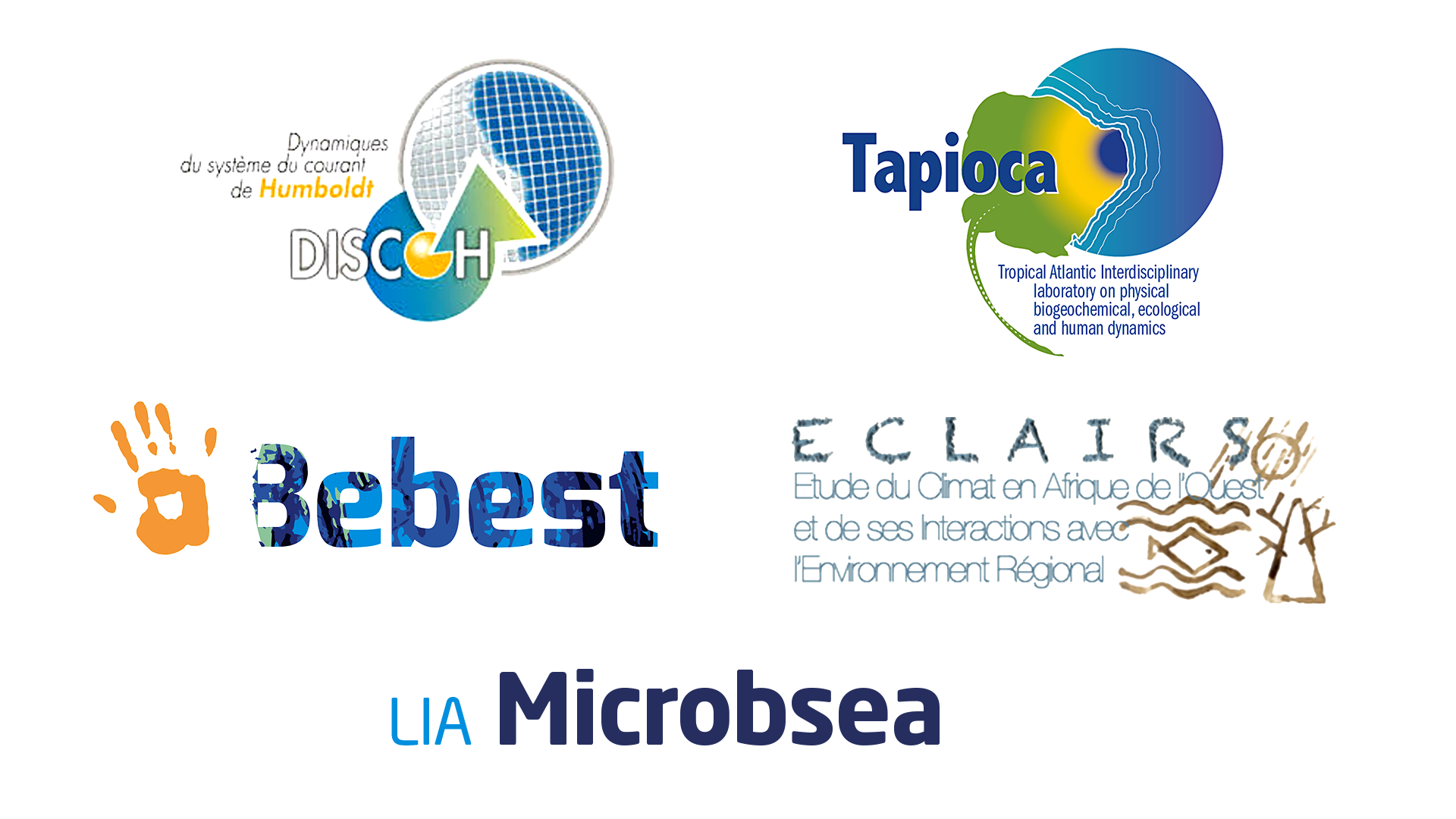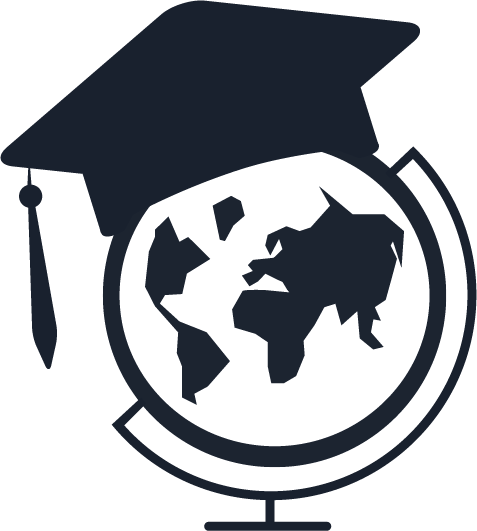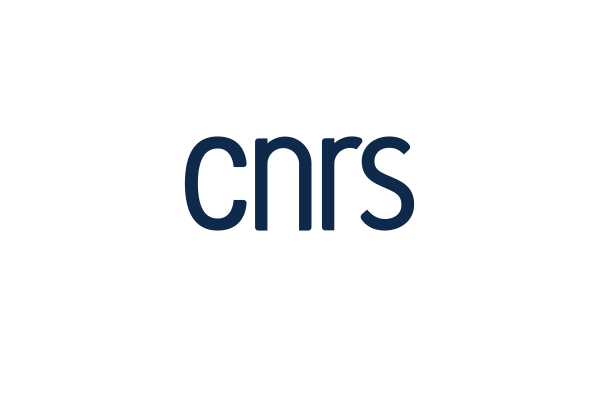Involved in numerous collaborations on a global scale, IUEM has established itself in the international research and training landscape in Marine and Coastal Sciences. The Institute’s 7 joint research units teams develop direct collaborations with their foreign counterparts or as coordinators and partners of European and international research programs. By articulating its research and training programs, IUEM is part of a logic of internationalization around the ISblue Graduate School. More broadly, the Institute is expanding its development as a reference centre for marine sciences on the Atlantic coast.
Strategic research partnerships….
At the European level, IUEM is developing its collaborations with key players in marine science such as the NOC Southampton, the University of Kiel, Bergen, Galway and Cadiz. Internationally, IUEM works with the Excellence Networks Future Ocean (Germany), the Ocean Frontier Institute (Canada) and on cooperation networks such as the Institut France-Québec Mer and the Marine Biodiversity Hub (Australia). IUEM also participates in the international IMBER programme and is part of the global ocean observation networks such as the international ARGO programme.
… and international laboratories
IUEM has set up International Research Projects (CNRS label) with China (MicrobSea) and Canada (BeBEST). A laboratory without walls, the LIA makes it possible to structure scientific collaborations between a CNRS laboratory and a partner laboratoire around a specific project. IUEM is also involved in several Joint International Laboratories (LMI) tool of the Research Institute for Development (IRD), in Brazil (TAPIOCA) and West Africa (ÉCLAIRS-2).
IUEM in the Global South
As part of of its five-year contract, IUEM integrates a transversal axis of research and training “in the Global South”. This axis is reflected in particular in the implementation of the LMI, laboratories affiliated to the IRD and real tools to support the scientific influence of developing countries.
Among its structuring collaborations, IUEM combines research and training cooperation in marine ecology with CIBNOR (Mexico), geology in North Africa, Ghana and South Africa, climate studies in Senegal (LMI ECLAIRS 2) and the tropical Atlantic in Brazil (LMI TAPIOCA).
An internationalized training program
The IUEM develops joint doctoral and master programmes with several institutes and universities and participates in the Joint Master Programme IMBRSea. IUEM offers a cobadging program with the University of Cape Town and CIBNOR and sets up a double degree program with UQAR (Quebec) and the University of Diponegoro (Indonesia). At IUEM, Masters in Marine Physics and Marine Biotechnology are taught in English. Students can also obtain the International Antarctic Institute label.
Through the ERASMUS+ programme, the institute develops the international mobility of its students and teacher-researchers from and to Europe and internationally.
